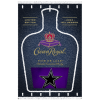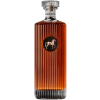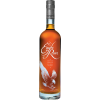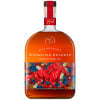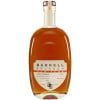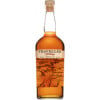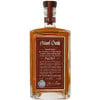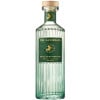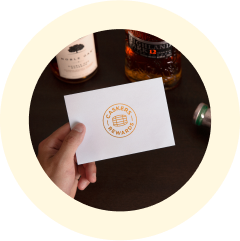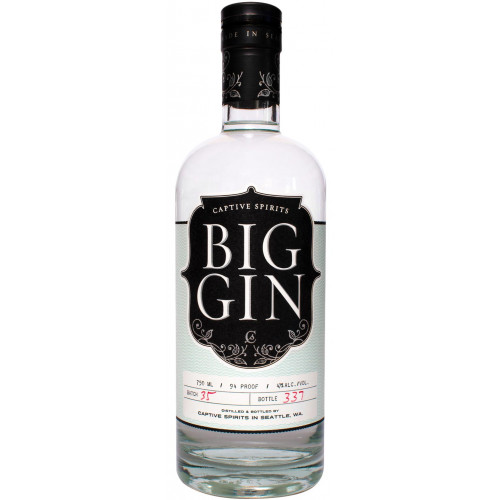About Big Gin
"Big Gin is the fruition of copious test batches," says Ben Capdevielle, the founder and master distiller at Captive Spirits (Capdevielle is a third-generation distiller). "We tested different botanicals, techniques and equipment in order to find the perfect recipe. Ultimately, we concluded that test batch #27 was the old-world, dry gin that we had been searching for." Infused with a blend of nine different botanicals (juniper, coriander, bitter orange peel, grains of paradise, angelica, cassia, cardamon, orris and Tasmanian pepper berry) and distilled through a 100-gallon Vendome copper pot still, the gin has a bold aroma of pine and black pepper, with touches of orange, lemon and juniper on the palate. The gin earned the Silver Medal at the San Francisco World Spirits Competition in 2013.
"We spent a lot of time tasting gins we admire," says Holly Robinson of Captive Spirits, and "then pulled out their best characteristics, as much as we could. We also spent time individually distilling each botanical and discovering at what temperatures and times the best flavors prevailed. Ultimately, what we are striving to produce is a domestic dry style gin made for people who enjoy the traditional flavor of gin."
Try this Gin today!
About Big Gin
In the 1650s, a Dutch doctor named Franciscus Sylvius was searching for a remedy to the kidney and stomach ailments that he often encountered in his practice of internal medicine. At the time, Dr. Sylvius was a Professor of Medicine in Leyden, and he attempted to infuse juniper berries into a spirit distilled from grain in order to create a panacea. The resulting elixir eventually became known as gin, and was so popular that within a few decades, the Dutch were exporting 10 million gallons annually.
Captive Spirits' Big Gin celebrates this rich tradition of innovation and exploration.
About Gin
According to Winston Churchill, "The gin and tonic has saved more Englishmen's lives and minds than all the doctors in the Empire," referring to the British officers using it to treat malaria in India.
Initially made for medicinal purposes, gin gets most of its flavor from the juniper berries added after the distillation process. It sure has come a long way from the Middle Ages, with the introduction of new botanicals, fruits, and spices, bringing it closer to people of all flavor varieties.
Check out our impressive selection of gins, find your new favorite in the Top 10 gins, or explore the Best gins under $50.
